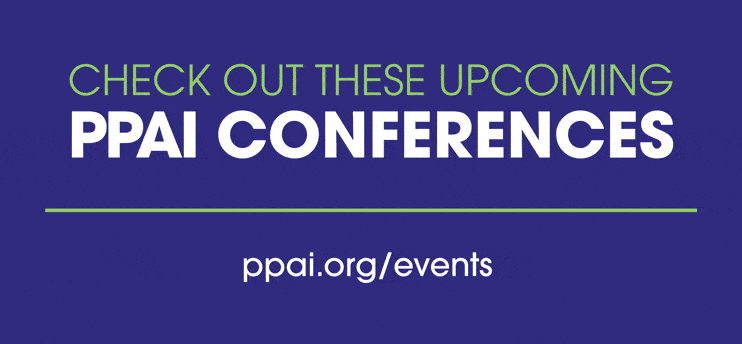The Coronavirus Aid, Relief, and Economic Security (CARES) Act was approved by the House today and now moves to the White House for President Trump’s signature. Throughout this process, PPAI has continued to closely monitor developments in Washington, D.C. PPAI’s government relations manager, Maurice Norris, along with the Association’s Washington, D.C.-based lobbyist and legal counsel, have carefully reviewed recent COVID-19-specific legislation passed by the Senate and House of Representatives and key points are summarized below. As the legislation now goes to the White House, Norris will further analyze the legislation to identify specific opportunities for the promotional products industry. Look for further updates to follow in the days ahead. To keep up with these updates, subscribe to GR Today here and follow this and related news at pubs.ppai.org.
The U.S. Senate passed legislation aimed at providing relief to businesses and individuals affected by the coronavirus pandemic. H.R. 748, named the Coronavirus Aid, Relief, and Economic Security (CARES) Act, will modify elements of the Tax Reform Act of 1986 to help businesses mitigate their coronavirus-related losses. With a total value of $2 trillion, the legislation authorizes federal funding for states, companies, individuals and other entities adversely affected by the coronavirus pandemic and expands the eligibility criteria for the relief programs. Once passed into law it will have significant implications for the promotional products industry. There are several aspects of the bill that could provide disaster relief for industry companies, including deferred tax payments, loans with forgiveness options, and direct payments to businesses and individuals.
The Senate bill provides cash flow assistance through federal loans to employers who maintain their payroll during the emergency. There are options for these loans to be forgiven if the employer maintains their payroll throughout the public health crisis.
The CARES Act provides $350 billion for paycheck protection loans to small businesses and nonprofits to help them maintain their workforce. The bill expands eligibility for this program to include independent contractors, sole proprietors and some self-employed individuals.
The legislation creates a pandemic unemployment assistance program for several categories of workers, including people who would not typically be eligible for unemployment benefits, for example, self-employed workers, part-time workers and others. The unemployment relief includes a temporary emergency increase of $600 per week to individuals who receive pandemic unemployment assistance or unemployment insurance.
Another provision of the CARES Act expands the allowable uses for funding issued through small-business loans. Under current Small Business Administration (SBA) requirements, many businesses are restricted from applying small-business loan funding to certain expenses, for example, paid sick leave and employee salaries. The CARES Act would relax these restrictions so recipients could receive loan forgiveness for some payroll costs, including mortgage interest payments, rent and utilities. The CARES Act also includes $10 billion for SBA to offer businesses emergency grants up to $10,000 to cover operating costs.
Another SBA program modified by the Senate bill is the expansion of eligibility criteria for lending initiatives to include public and private entities with 500 or fewer employees, many of which do not currently qualify for small-business loans.
The CARES Act provides $562 million for the SBA’s Economic Injury Disaster Loan (EIDL) program. The federal government has authorized emergency declarations for all 50 states, as well as Puerto Rico and the U.S. Virgin Islands, and this action makes the EIDL program available to anyone within the U.S. The CARES Act also allows the SBA to approve expedited grants to companies that apply for an EIDL. The grants provide three-day access to a portion of the loan funds to pay for a variety of debt obligations, including sick leave and payroll.
The new legislation also provides funding for the SBA to help companies cover six months of payments for businesses that already have SBA loans.
Under the 2020 Recovery Rebate for Individuals, the CARES Act provides recovery checks to most taxpayers consisting of up to $1,200 for individuals, $2,400 for married couples filing jointly and $500 for children. The relief-assistance payments will be means-tested, and the eligibility for the assistance will decrease incrementally at incomes above $75,000. The CARES Act also extends the individual tax filing deadline from April 15 to July 15.
The bill also seeks to amend the recently-enacted (March 20, 2020) Emergency Family and Medical Leave Expansion Act by adjusting the amount of compensation due an employee by an employer under both the emergency FMLA provisions and the Emergency Paid Sick Leave provisions of that recent Act.
Some obligations for businesses affected by the coronavirus pandemic will be relaxed through deferred payments on estimated taxes, increased deductibility for interest expenses, and some delayed payments for payroll taxes.


